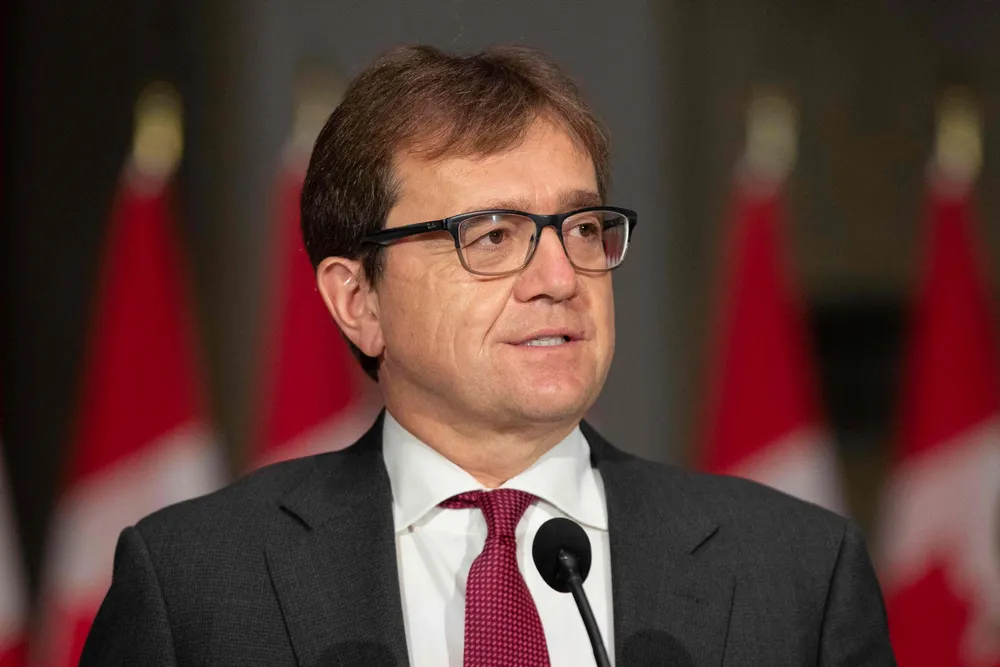Canada's energy minister warns being slow to respond to climate change 'represents a terrible gamble'
Alberta and Canada governments are working to align their efforts on emissions reduction and energy development

Alberta and Canada governments are working to align their efforts on emissions reduction and energy development
